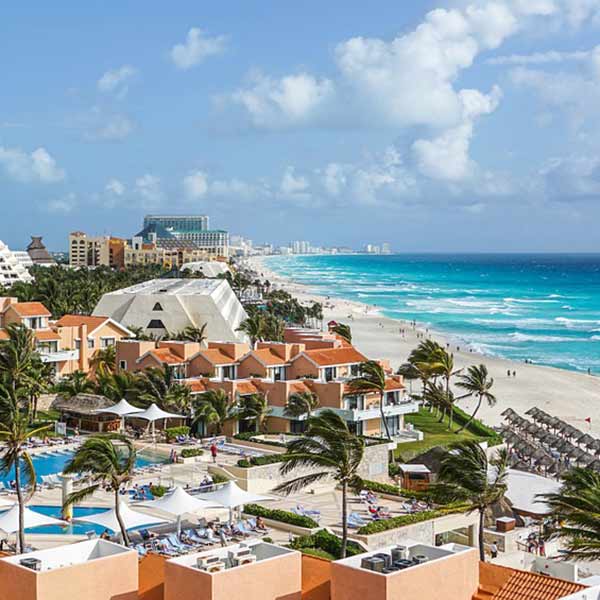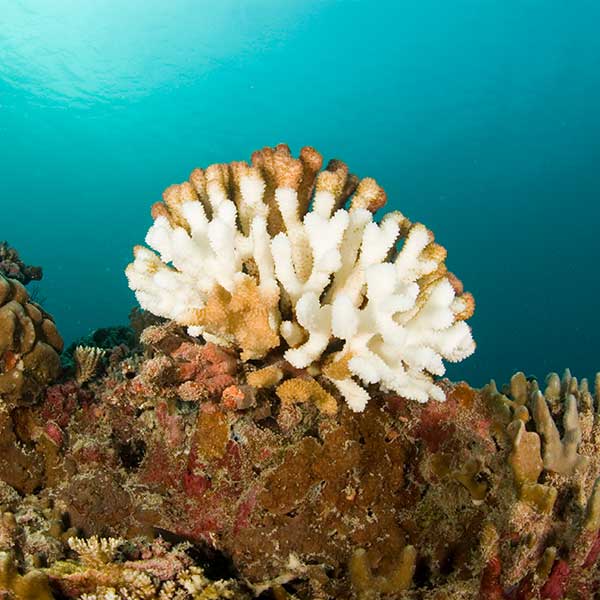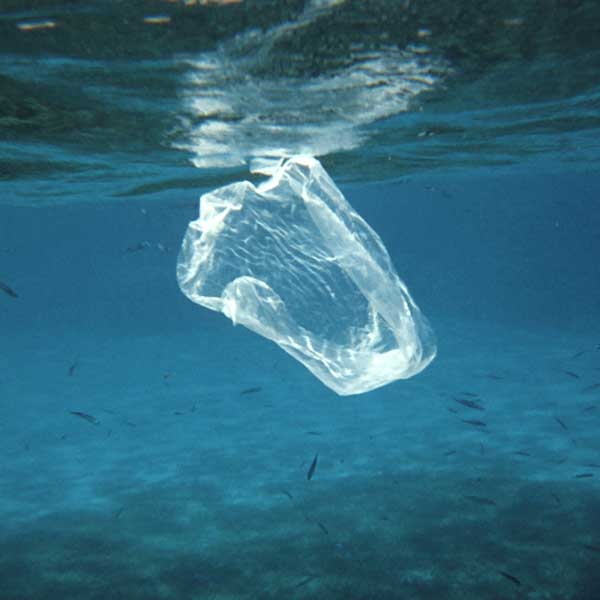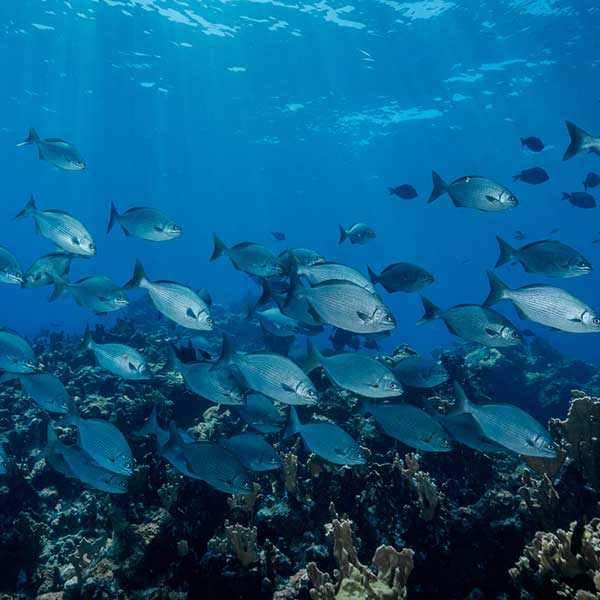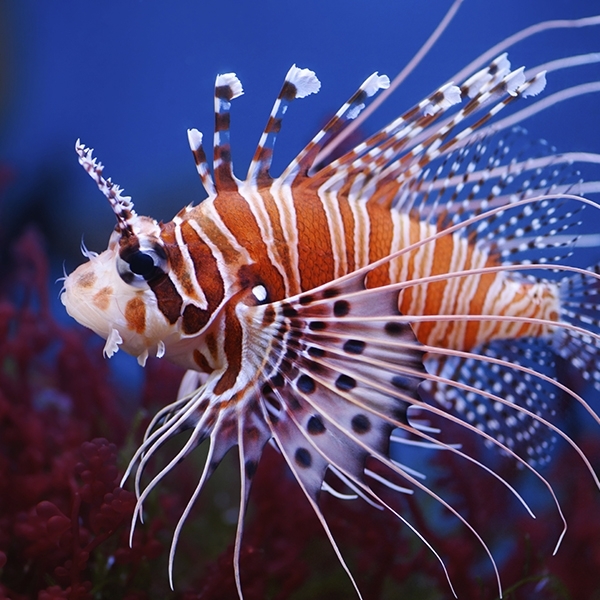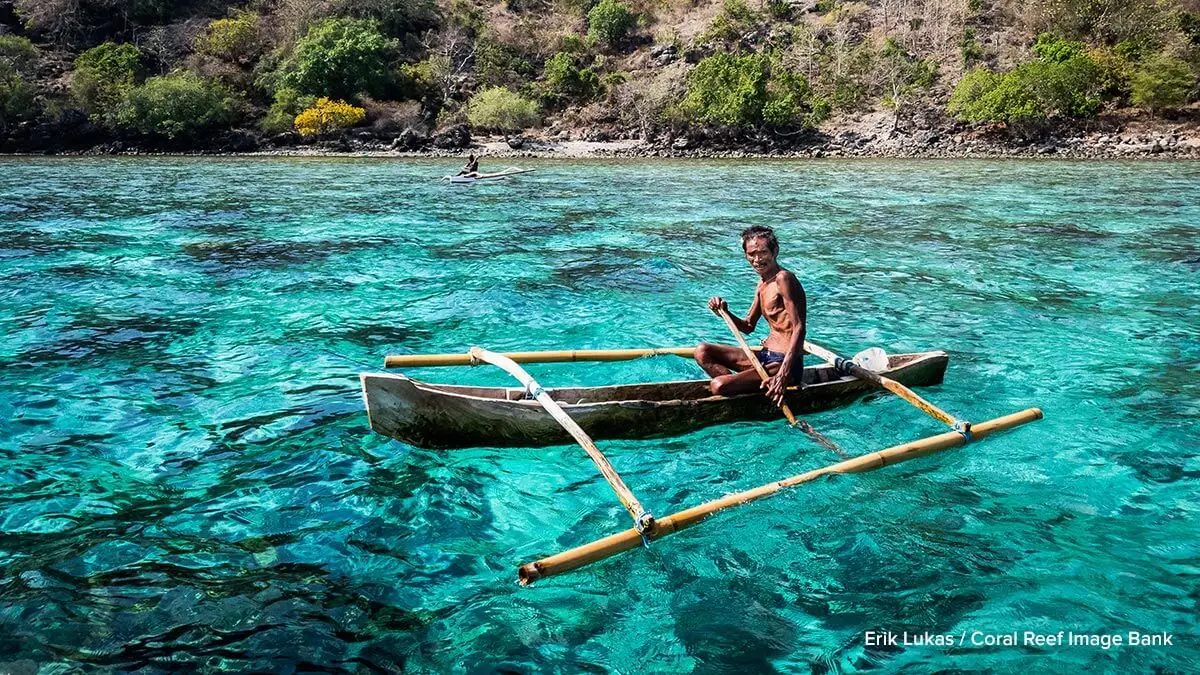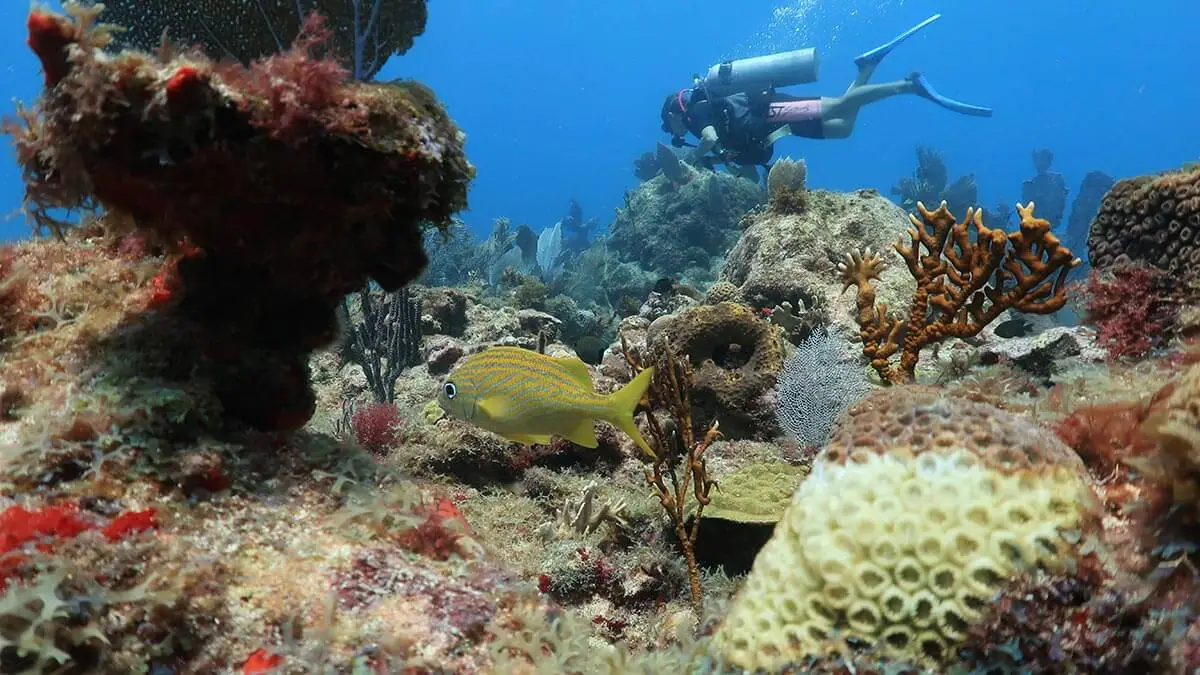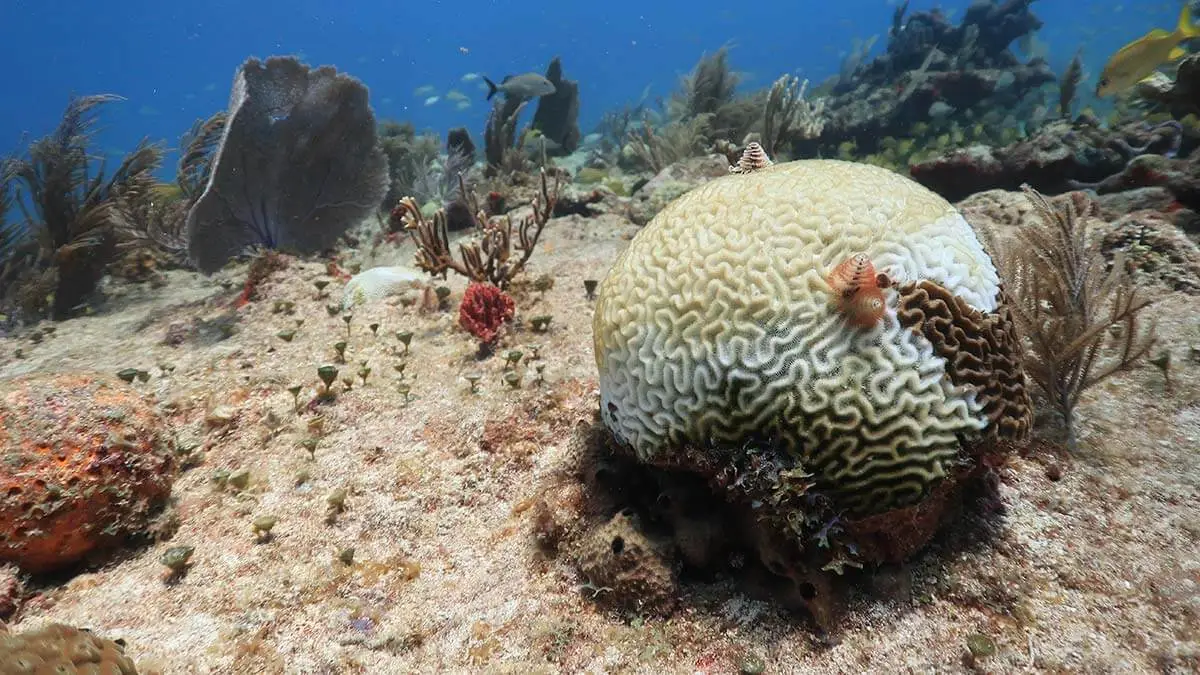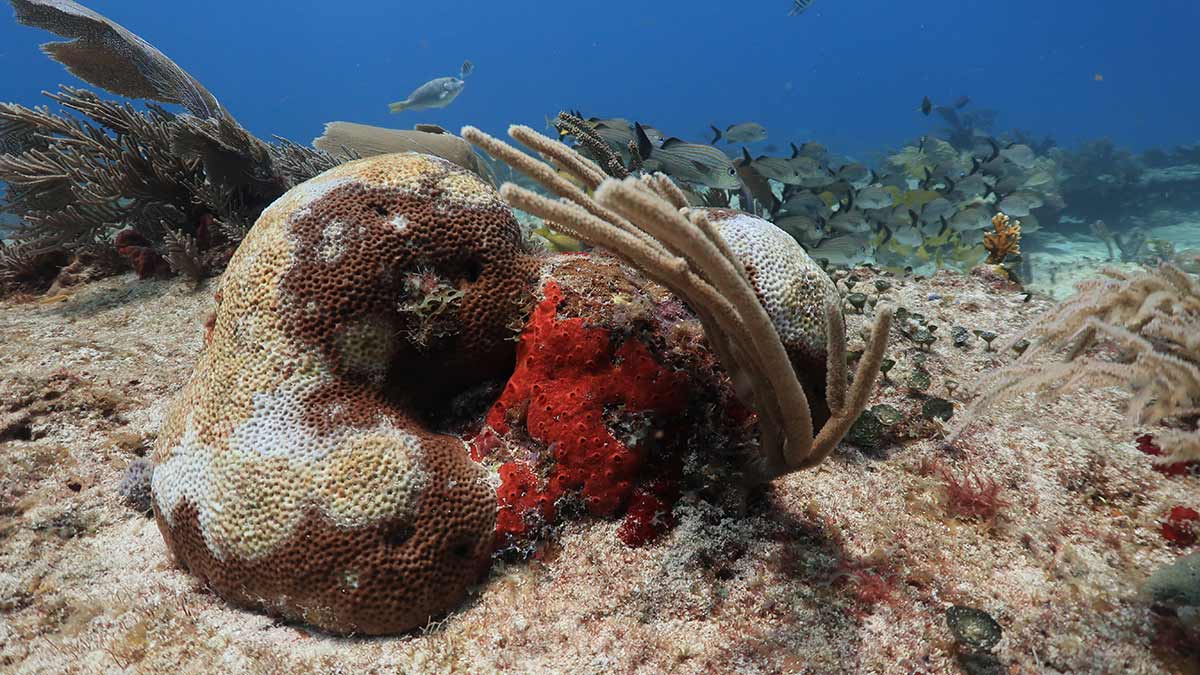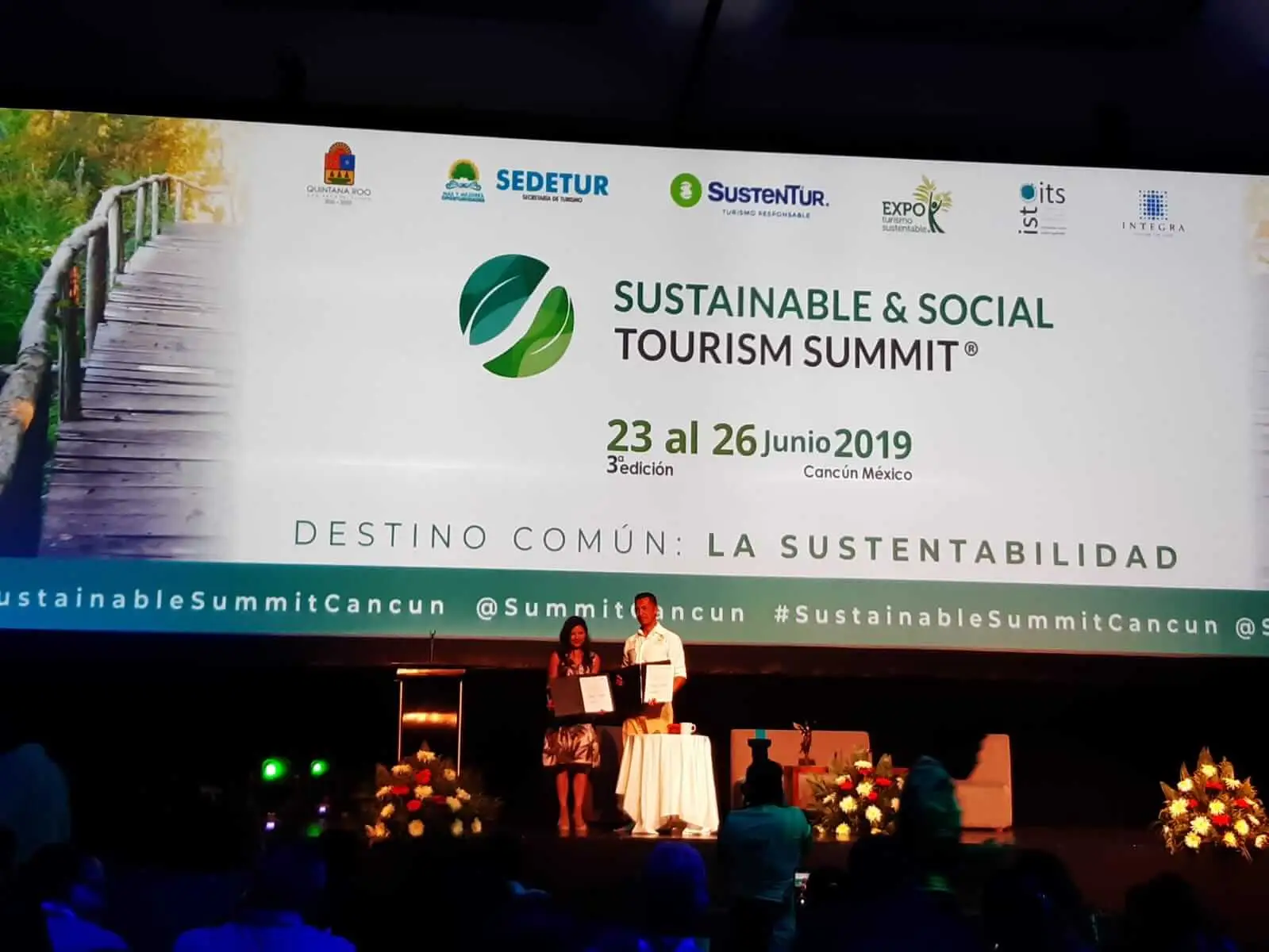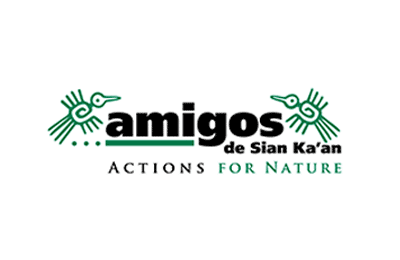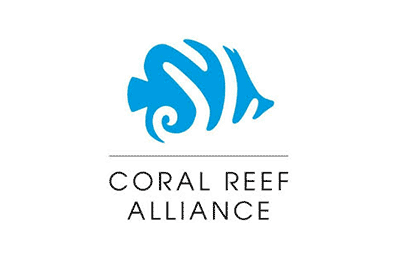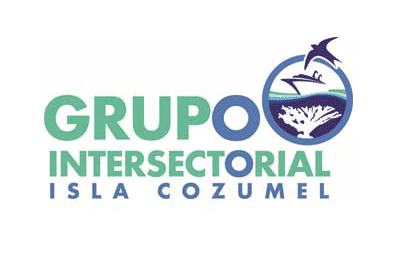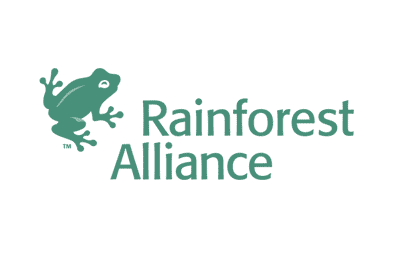MESOAMERICAN REEF
Mesoamerican Reef
The Mesoamerican Reef is the second largest reef system in the world. Lying within the Caribbean Sea, the reef stretches 600 miles along the coasts of Mexico, Belize, Guatemala and Honduras. The Mesoamerican Reef provides a valuable habitat that supports a vibrant array of marine life and is an important resource for its neighboring coastal communities.
Despite its massive size, the Mesoamerican Reef is a sensitive ecosystem whose future is at stake. More than half of the reef is currently in poor or critical condition. Threats brought on by climate change and local development damage the reef and endanger its survival. Without immediate and sustainable intervention, the reef, along with the people and wildlife who depend on it, face grave consequences.
Why the Mesoamerican Reef Matters
Biodiverse Habitat
More than 65 types of coral and over 500 species of fish find refuge in and around the reef. This includes numerous endangered species, such as the hawksbill turtle and Nassau grouper
Local Livelihoods
The Mesoamerican Reef is an essential income generating opportunity for those who live in the region. Nearly 2 million people depend on the reef for their livelihoods, particularly through tourism and fishing.
Food & Medicine
Coastal Protection
Threats to the Mesoamerican Reef
-
Rapidly Growing Tourism
A tropical climate, white sand beaches, and stunning biodiversity have given rise to a booming tourism industry along the Mesoamerican Reef. The reef’s survival is endangered by a fragile tourism infrastructure that is struggling to support nearly 12.5 million tourists per year. While this tourism growth brings welcome economic benefits, it also creates unintended consequences. Increased pollution and interaction with the reef damage the coral and threaten underwater life. Left unchecked, this tourism growth could destroy the natural attraction that draws visitors to the region in the first place. -
Climate Change
Coral reef ecosystems are highly vulnerable to climate change, and the Mesoamerican Reef is no exception. As ocean temperatures rise, coral polyps struggle to survive. Parts of the Mesoamerican Reef that were once full of color now appear dull and lifeless - the outcome of rampant coral bleaching. This coral loss is devastating to the wildlife who depend on healthy reef habitats for food and shelter. Climate change also affects sea levels and ramps up tropical storm frequency. These impacts further disrupt marine ecosystems and pose a risk to coastal communities. -
Marine Pollution
Wastewater and runoff from land and marine-based activities are the predominant sources of pollution in the Mesoamerican Reef. These toxins contaminate the groundwater and eventually the sea, which spurs the growth of dense algae blooms that smother the reef. In addition to chemical pollutants, millions of tons of plastic waste enter the oceans every year. Straws, plastic bags, fishing lines, and other trash can be found clinging to the reef. This debris is lethal to animals who become entangled or mistake it for food. By blocking the sun and causing disease, plastic pollution can also lead to the eventual death of coral colonies.Photo: Ben Mierement, NOAA NOS
-
Overfishing
Years of unsustainable fishing practices, including overfishing and the use of destructive fishing gear, has led to a decline in fish stocks in the Mesoamerican Reef. Commercially valuable species such as grouper, snapper, lobster, and conch, are among the most vulnerable populations. Parrotfish and other algae-grazing fish, which play an important role in keeping the reef healthy, are also at risk. When too many fish are harvested, it throws off the natural balance of this already delicate ecosystem. Overfishing also threatens the millions of local people who rely on a consistent supply of fish for their livelihoods and food security.Photo: Philip Hamilton
-
Invasive Species
The lionfish - a species native to Indo-Pacific waters - recently began invading the Caribbean and populating the Mesoamerican Reef. This spiny and venomous fish lacks predators in the region and possesses a voracious appetite, leading it to outcompete other species for food. This, coupled with the fact that lionfish are incredibly fast at reproducing, makes them a serious environmental problem. If lionfish populations continue to grow, they will further disrupt the balance of the local ecosystem and many native species may face extinction.
Our Work in the Mesoamerican Reef
MARTI: Mesoamerican Reef Tourism Initiative
In response to the rapidly expanding tourism industry and declining health of the reef, the Mesoamerican Reef Tourism Initiative (MARTI) was launched in 2006. MARTI is a multi-stakeholder partnership that is working with the local tourism industry to save the Mesoamerican Reef. MARTI is led by Sustainable Travel International, in conjunction with Amigos de Sian Ka’an, Coral Reef Alliance, Riviera Maya Hotel Association, Rainforest Alliance, and Grupo Intersectorial Isla Cozumel.
MARTI engages the breadth of the tourism industry, including hotels, restaurants, destination authorities, cruise lines and marine recreation providers to protect the reef. MARTI’s efforts focus on raising awareness of environmental issues and promoting responsible business practices to reduce tourism’s impact on the reef.
NEMO: Natural Environment Marine Observers
NEMO is a citizen-powered conservation movement that will empower the millions of people who visit and live by the Mesoamerican Reef to protect it. Whether you’re out diving, snorkeling, or just relaxing on the beach, YOU can become a NEMO to help watch over the reef.
Visitors can use the NEMO mobile app (coming soon) to discover this fascinating marine ecosystem and serve as “eyes on the reef” – spotting threats and detecting changes in coral health. It’s as simple as uploading photos of what you see while exploring the reef! This valuable data will help scientists and authorities stop threats faster and take more effective action to conserve the reef.

News & Stories
Related Work
Oceans & Reefs
Learn more about the steps we’re taking to ensure that our planet’s marine and coastal ecosystems thrive.
Climate Change
Learn more about how we’re addressing the impacts of climate change in destinations around the globe.
Protect the Places You Love
Help conserve our planet’s most vulnerable destinations and empower the people who live there. Join the movement today.
Stay in Touch
Get our email updates to see how we’re protecting our planet’s most vulnerable and treasured destinations

